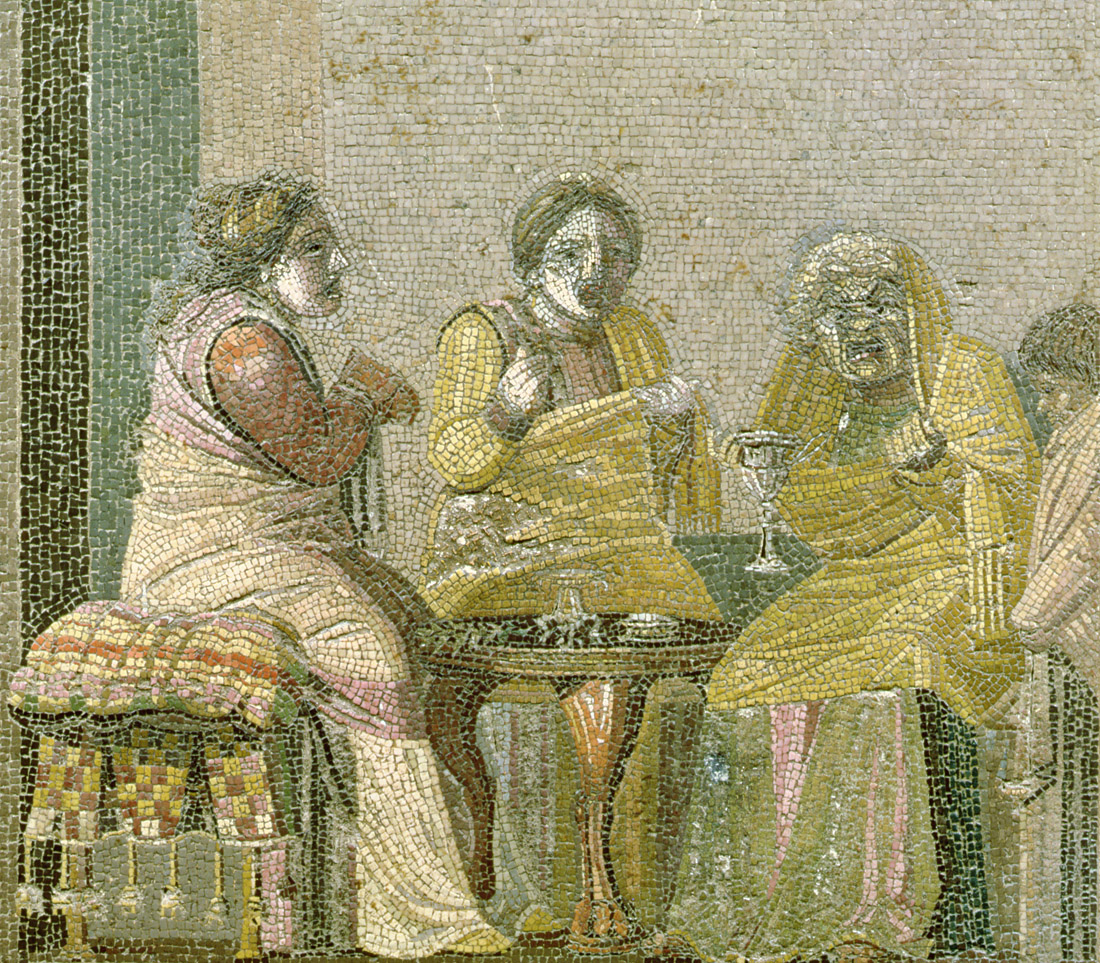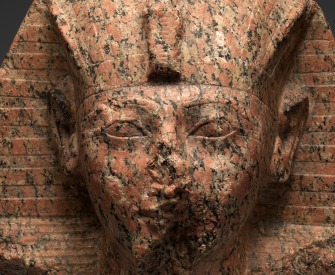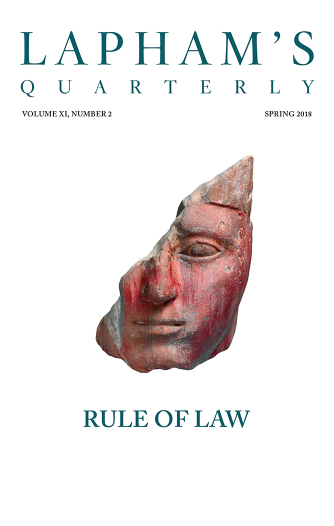Paulthier, the French Indianist, may or may not be taxed with too much enthusiasm when saying that India appears before him as the grand and primitive focus of human thought, whose steady flame has ended by communicating itself to, and setting on fire, the whole ancient world—yet, he is right in his statement. It is Aryan metaphysics that have led the mind to occult knowledge—the oldest and the mother science of all, since it contains within itself all the other sciences. And it is Occultism—the synthesis of all the discoveries in nature and chiefly of the psychic potency within and beyond every physical atom of matter—that has been the primitive bond that has cemented into one cornerstone the foundations of all the religions of antiquity.
The primitive spark has set on fire every nation, truly, and magic underlies now every national faith, whether old or young. Egypt and Chaldea are foremost in the ranks of those countries that furnish us with the most evidence upon the subject, helpless as they are to do as India does—to protect their paleographic relics from desecration. The turbid waters of the canal of Suez carry along to those that wash the British shores, the magic of the earliest days of pharaonic Egypt, to fill up with its crumbled dust the British, French, German, and Russian museums. Ancient, historical magic is thus reflecting itself upon the scientific records of our own all-denying century. It forces the hand and tires the brain of the scientist, laughing at his efforts to interpret its meaning in his own materialistic way, yet helps the occultist better to understand modern magic, the rickety, weak grandchild of her powerful, archaic grandam. Hardly a hieratic papyrus exhumed along with the swathed mummy of a king or priest hierophant, or a weather-beaten, indecipherable inscription from the tormented sites of Babylonia or Nineveh, or an ancient tile cylinder—that does not furnish new food for thought or some suggestive information to the student of Occultism. Withal, magic is denied and termed the “superstition” of the ignorant ancient philosopher.
Thus, magic in every papyrus; magic in all the religious formulas; magic bottled up in hermetically closed vials, many thousands of years old; magic in elegantly bound, modern works; magic in the most popular novels; magic in social gatherings; magic—worse than that, sorcery—in the very air one breathes in Europe, America, Australia: the more civilized and cultured a nation, the more formidable and effective the effluvia of unconscious magic it emits and stores away in the surrounding atmosphere.

Magical consultation, mosaic from Villa di Cicerone, Pompeii, c.100 BC. Museo Archeologico Nazionale, Naples, Italy.
Tabooed, derided, magic would, of course, never be accepted under her legitimate name; yet science has begun dealing with that ostracized science under modern masks, and very considerably. But what is in a name? Because a wolf is scientifically defined as an animal of the genus Canis, does it make of him a dog? Men of science may prefer to call the magic inquired into by Porphyry and explained by Iamblichus hysterical hypnosis, but that does not make it the less magic. The result and outcome of primitive revelation to the earlier races by their “divine dynasties” the king instructors, became innate knowledge in the fourth race, that of the Atlanteans; and that knowledge is now called in its rare cases of “abnormal” genuine manifestations “mediumship.” The secret history of the world preserved only in faraway, secure retreats, would alone, if told unreservedly, inform the present generations of the powers that lie latent, and to most unknown, in man and nature. It was the fearful misuse of magic by the Atlanteans that led their race to utter destruction, and—to oblivion. The tale of their sorcery and wicked enchantments has reached us, through classical writers, in fragmentary bits, as legends and childish fairy tales, and as fathered on smaller nations. Thence the scorn for necromancy, goetic magic, and theurgy. The “witches” of Thessaly are not less laughed at in our day than the modern medium or the credulous theosophist. This is again due to sorcery, and one should never lack the moral courage to repeat the term; for it is the fatally abused magic that forced the adepts, “the Sons of Light,” to bury it deep, after its sinful votaries had themselves found a watery grave at the bottom of the ocean, thus placing it beyond the reach of the profane of the race that succeeded to the Atlanteans. It is then to sorcery that the world is indebted for its present ignorance about it. But who or what class in Europe or America will believe the report? With one exception, none, and that exception is found in the Roman Catholics and their clergy—but even they, while bound by their religious dogmas to credit its existence, attribute to it a satanic origin. It is this theory which, no doubt, has to this day prevented magic from being dealt with scientifically.
Still, nolens volens, science has to take it in hand. Archaeology in its most interesting department—Egyptology and Assyriology—is fatally wedded to it, do what it may. For magic is so mixed up with the world’s history that, if the latter is ever to be written at all in its completeness, giving the truth and nothing but the truth, there seems to be no help for it. If archaeology counts still upon discoveries and reports upon hieratic writings that will be free from the hateful subject, then history will never be written, we fear.
From “Ancient Egyptian Magic.” After leaving Russia at the age of seventeen in the late 1840s, Blavatsky reported that she traveled across the American West, sustained a wound while fighting on the side of Giuseppe Garibaldi in Italy, and lived for two years in Tibet, where she learned the ancient wisdom of two mahatmas. She helped to found the Theosophical Society in 1875 and published her first book, Isis Unveiled, two years later. In 1885 the London Society for Psychical Research declared her claims of psychic powers fraudulent.
Back to Issue




